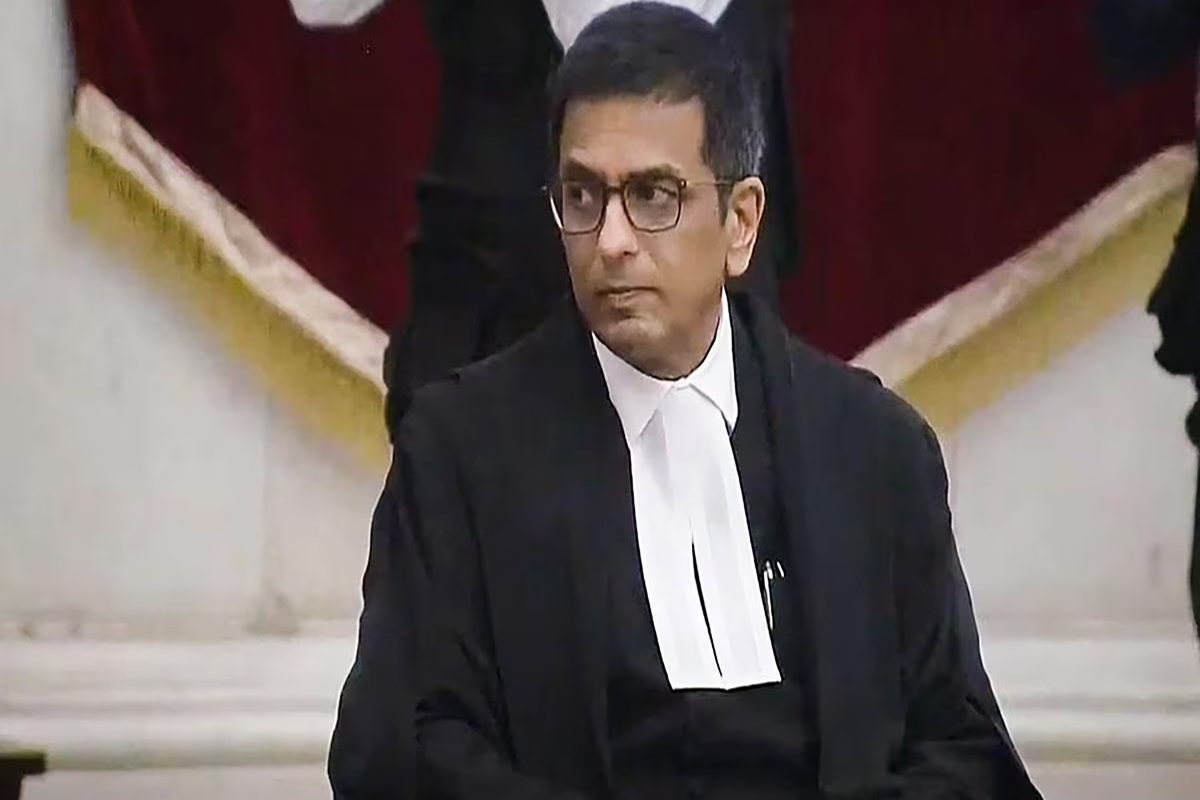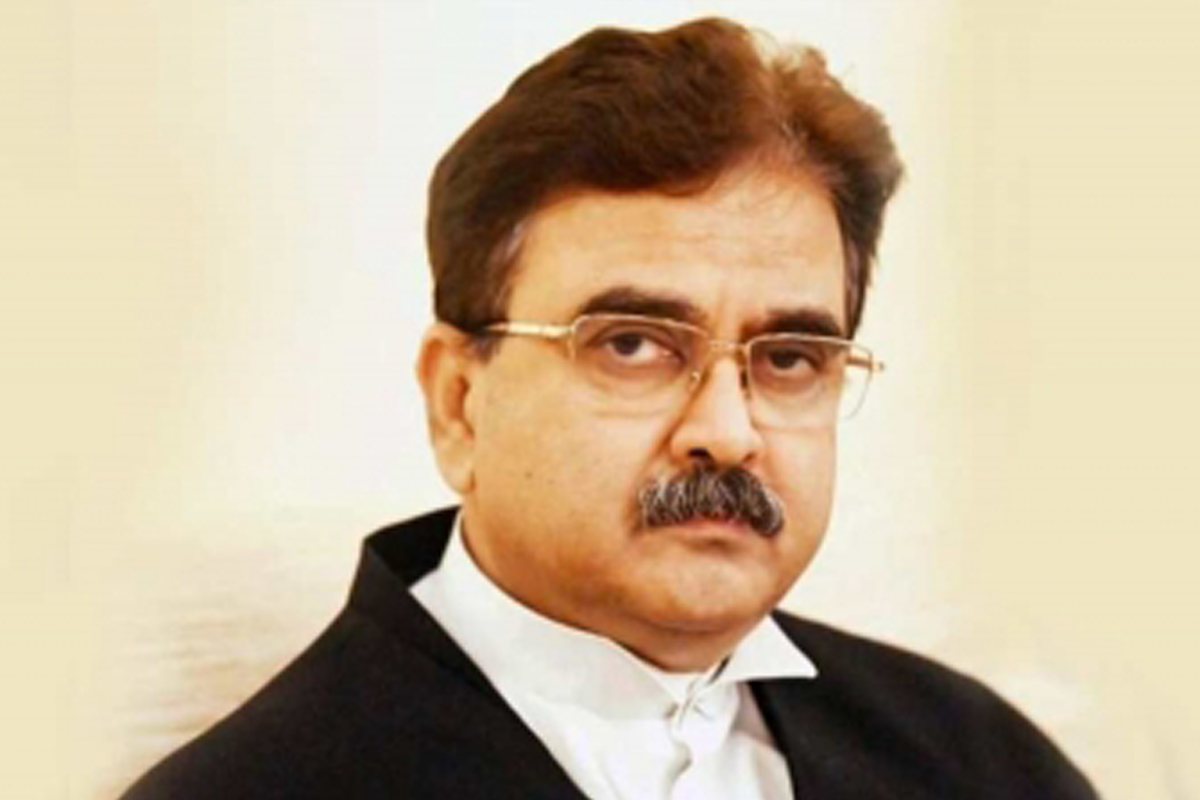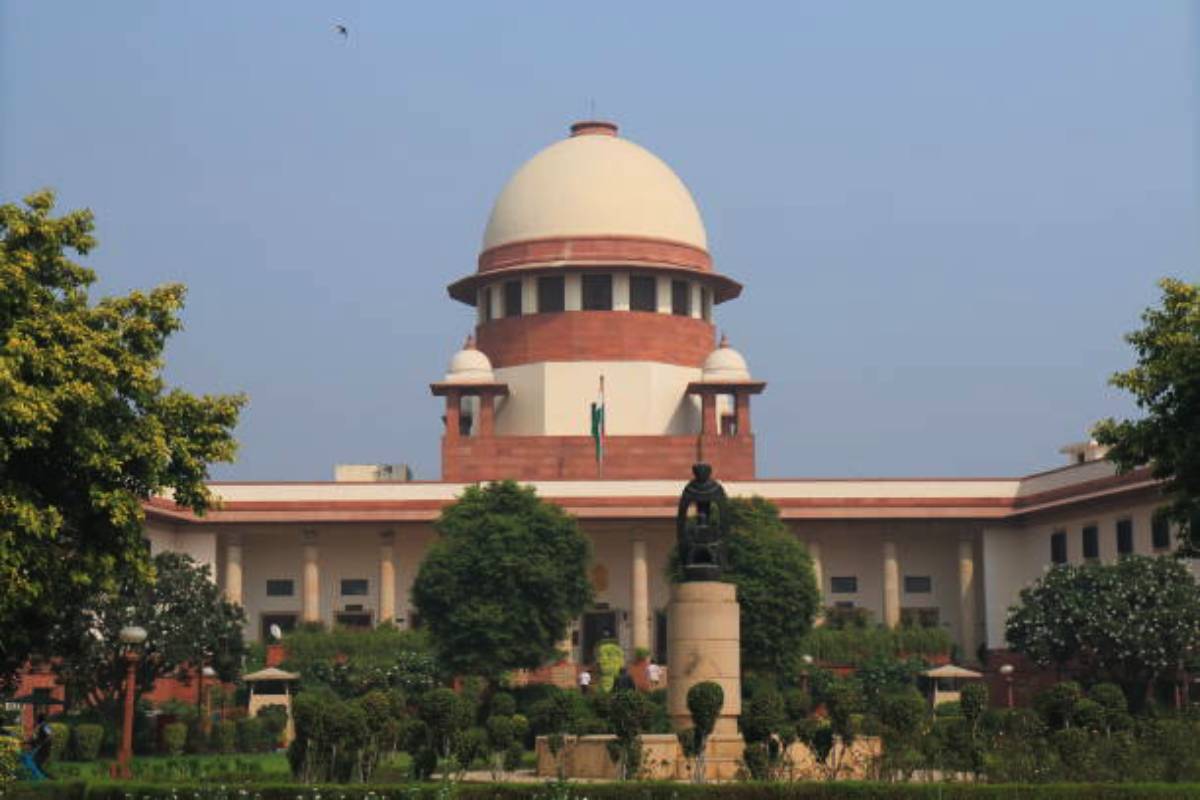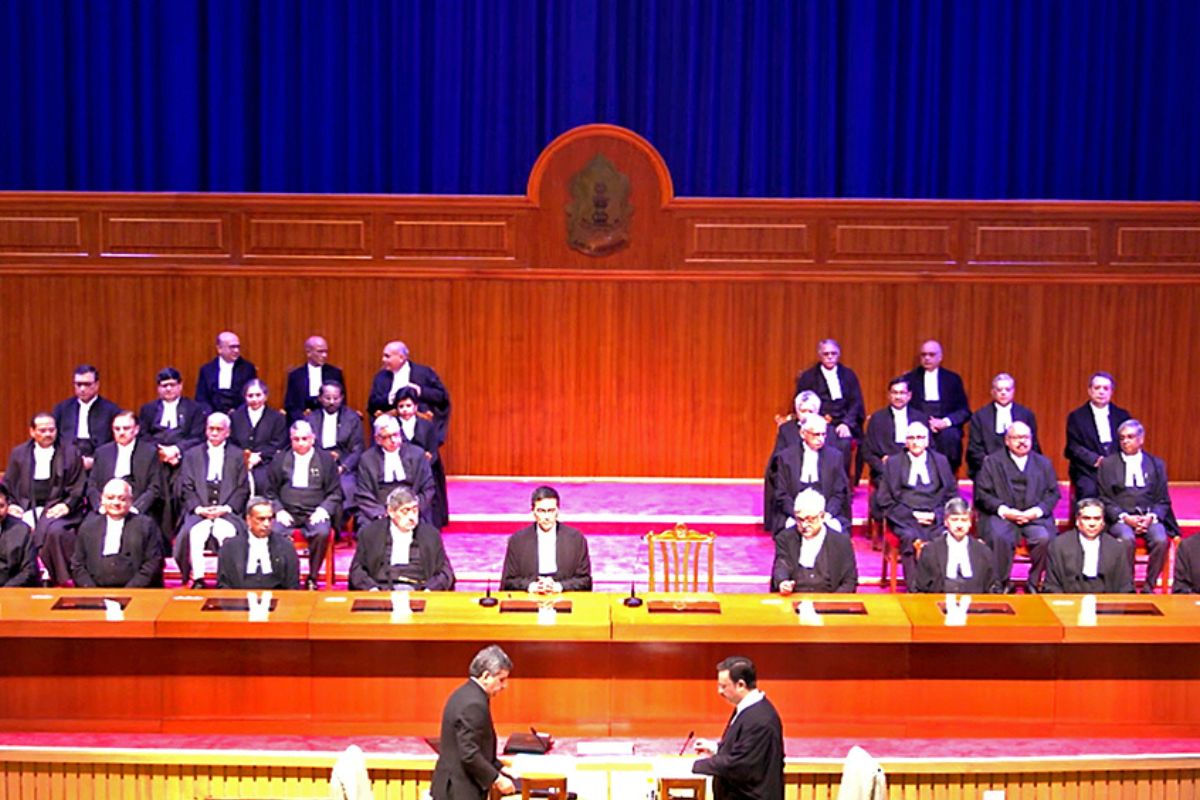Delivered less than he promised
Belying expectations, the outgoing Chief Justice of India has left behind a mixed legacy, says ASHOK KAPUR

Belying expectations, the outgoing Chief Justice of India has left behind a mixed legacy, says ASHOK KAPUR

Amidst controversies surrounding former Chief Justice D Y Chandrachud, arising from his public statements particularly relating to seeking divine guidance for writing Ayodhya judgment, handling of the politically sensitive cases, Prime Minister Narendra Modi attending the Ganpati poojan at his residence and its video going viral

While speaking to news persons at his residence at Salt Lake on his choice of BJP to begin his political career, he said it is the only all India party, which, he claimed, was fighting the corruption of the ruling Trinamul Congress in the state.

Senior advocate Indira Jaising mentioned the matter before a bench headed by Chief Justice D.Y. Chandrachud.

The five judges who were administered oath on Monday included Justice Pankaj Mittal, Justice Sanjay Karol, Justice P. V. Sanjay Kumar , Justice Ahsanuddin Amanullah and Justice Manoj Misra.
Prime Minister Narendra Modi on Sunday lauded Chief Justice of India, Justice D.Y. Chandrachud's suggestion about making SC judgments available in regional languages.
Sibal said that matters need to be heard by a seven-judge constitution bench as it requires a revisit of the 2016 judgement in Nabam Rebia case relating to the political crisis in Manipur.
The cases on which the judgments are due include the appointment of election commissioners, conduct and utterances of the people holding public offices, pandering to the interests of a section of people by amending the laws restoring the bull centric sport.
The Supreme Court on Thursday said it cannot form an opinion on veracity of allegations in a plea before it regarding attacks on Christians in the country, and asked the Union Ministry of Home Affairs to seek verification reports from Bihar, Haryana, Chhattisgarh, Jharkhand, Odisha, Karnataka, Madhya Pradesh and Uttar Pradesh.
The bench noted that the Army may be supreme in its authority, but the constitutional court is also supreme.
